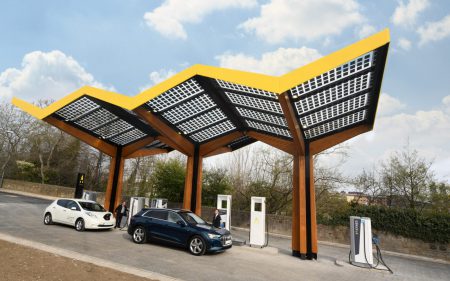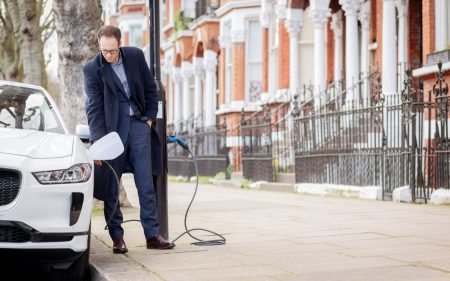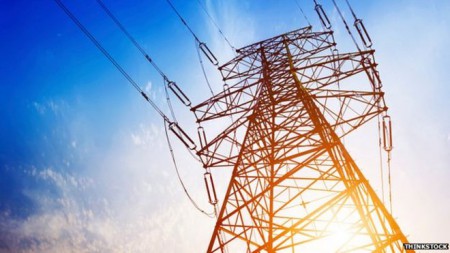Uswitch estimates drivers will save a combined £4bn a year.
An estimated 12 million British drivers are considering buying an electric vehicle in the next two years, according to new research. The study of more than 2,000 UK adults by comparison site Uswitch found 30.7 percent of drivers expect to look into the prospect of an electric car over the next two years, while some are already convinced.
Just over one in 10 (11 percent) of respondents said they would be buying an electric vehicle (EV) in the next 24 months, suggesting electric power is about to become much more popular. According to figures from the Society of Motor Manufacturers and Traders (SMMT), electric cars have accounted for 4.7 percent of all new cars registered over the first seven months of this year.

But the figures suggest that is about to increase, and if all those considering an EV do make the switch to battery power, Uswitch estimates they could save a fortune. In fact, with an estimated average saving of £329 a year, the company thinks those drivers could save a combined total of £4 billion in fuel alone every year.
Overall, Uswitch’s research suggests petrol and diesel car owners spend an average of £74.86 a month on fuel. However, the study found electric car drivers were only adding an average of £30.90 a month to their bills by charging their vehicles. When adjusted for average mileage, the company reckons electric vehicle owners save £27.48 a month over their fossil fuel-powered peers.
And Uswitch says EV drivers could save even more if they think about how and when they charge. Simply by charging at home with a 7 kW wallbox, Uswitch says a 100-mile charge will be around £2 cheaper than charging at a motorway service station – although it will take longer. And by being on the best tariff, Uswitch says EV drivers could save up to £92 a year.
“Electric vehicles are becoming increasingly popular, and 12 million drivers could soon be swapping their petrol or diesel car for a more environmentally friendly one,” said Sarah Broomfield, energy expert at Uswitch.com. “The good news for these drivers is that EVs come with an additional financial benefit too — they cost far less to fuel than a petrol or diesel car.
“However, charging costs can vary depending on your energy tariff. If you are still on your supplier’s standard variable tariff, charging your car could cost an additional £7.69 a month unless you switch to a more competitive fixed-term deal.”
Read more: msn
It’s Time to Go Green!
If you would like to know more about Solar Panels and the PowerBanx range of home battery systems, and get a free instant quote, please complete our online form:










